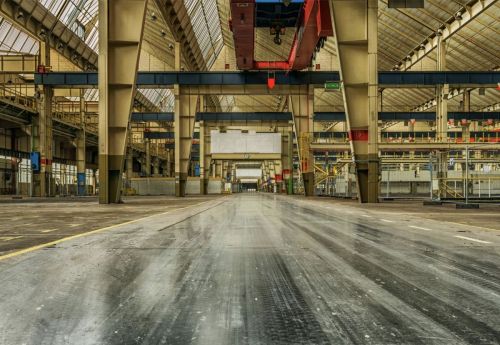Last year I was lucky enough to spend my summer holidays on a quiet Greek island on the Ionian Sea. With its charming bays, excellent beach and warm sea, it was the perfect place for lazy afternoons lounging in the shade of the olive trees. But despite its undoubted beauty, it is deserted for most of the year. Only two or three generations ago a primary school for ninety pupils stood in this enchanted corner of the world. Now it is closed down. As it turns out, not a single child lives on the island. But young people can be seen during the holiday season. “There were several hundred of us in the past. We were satisfied with the fact that we had enough to eat and had a roof above our heads. However, everybody has more requirements these days. They want better schools, theatres, city entertainment and the sort of services you need to make money to pay for – and there is very little work here,” explained an older resident, one of the few people who have stayed on the island, about t





























































